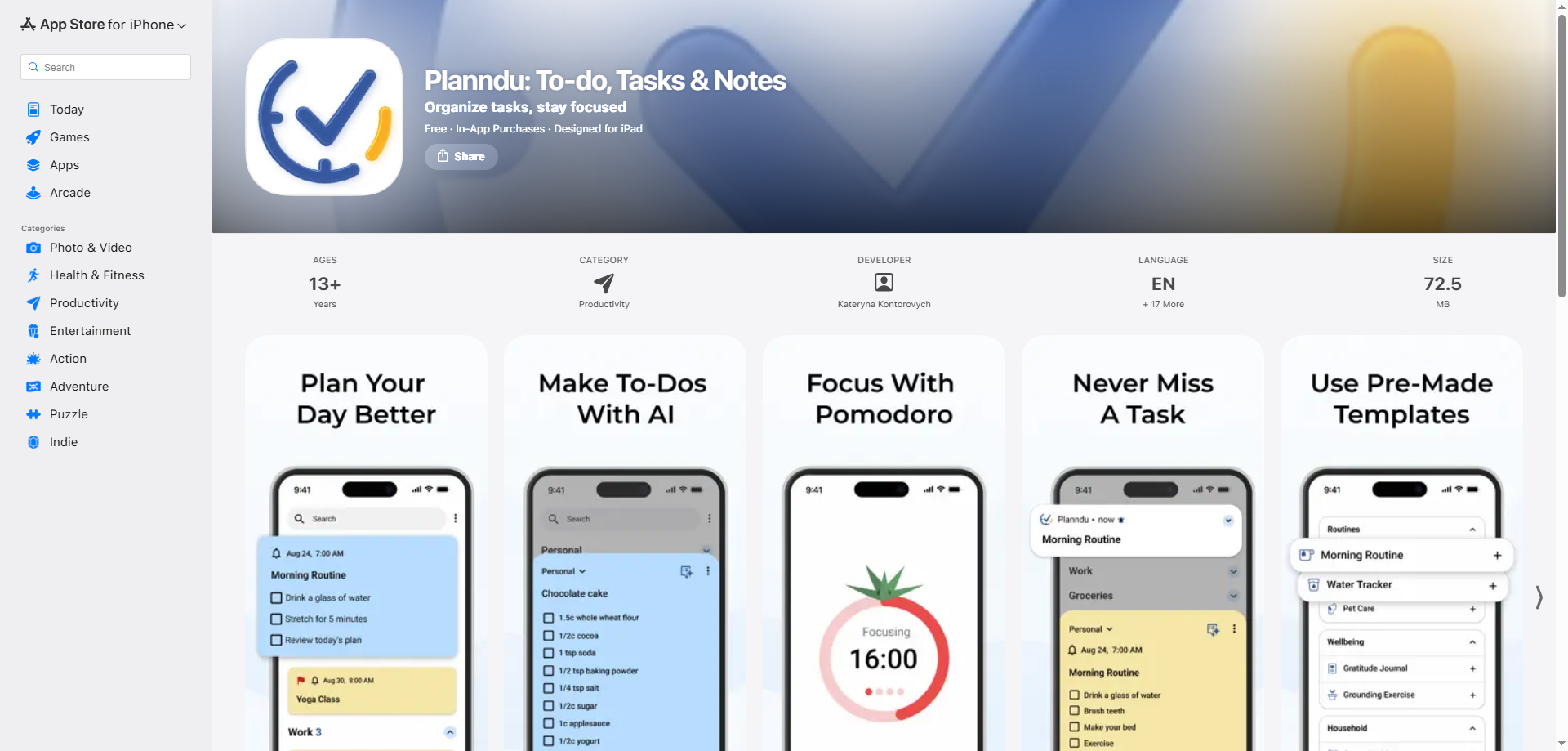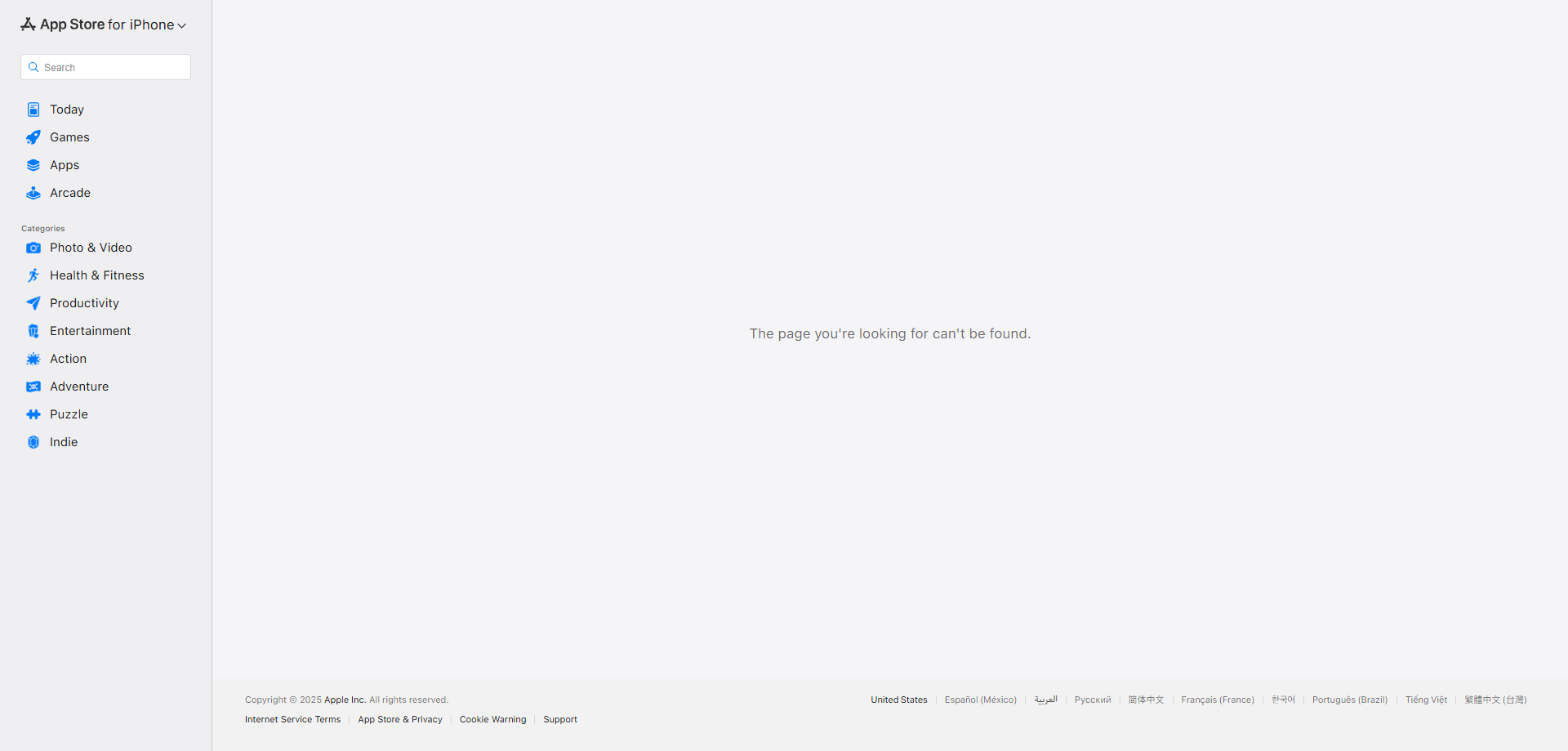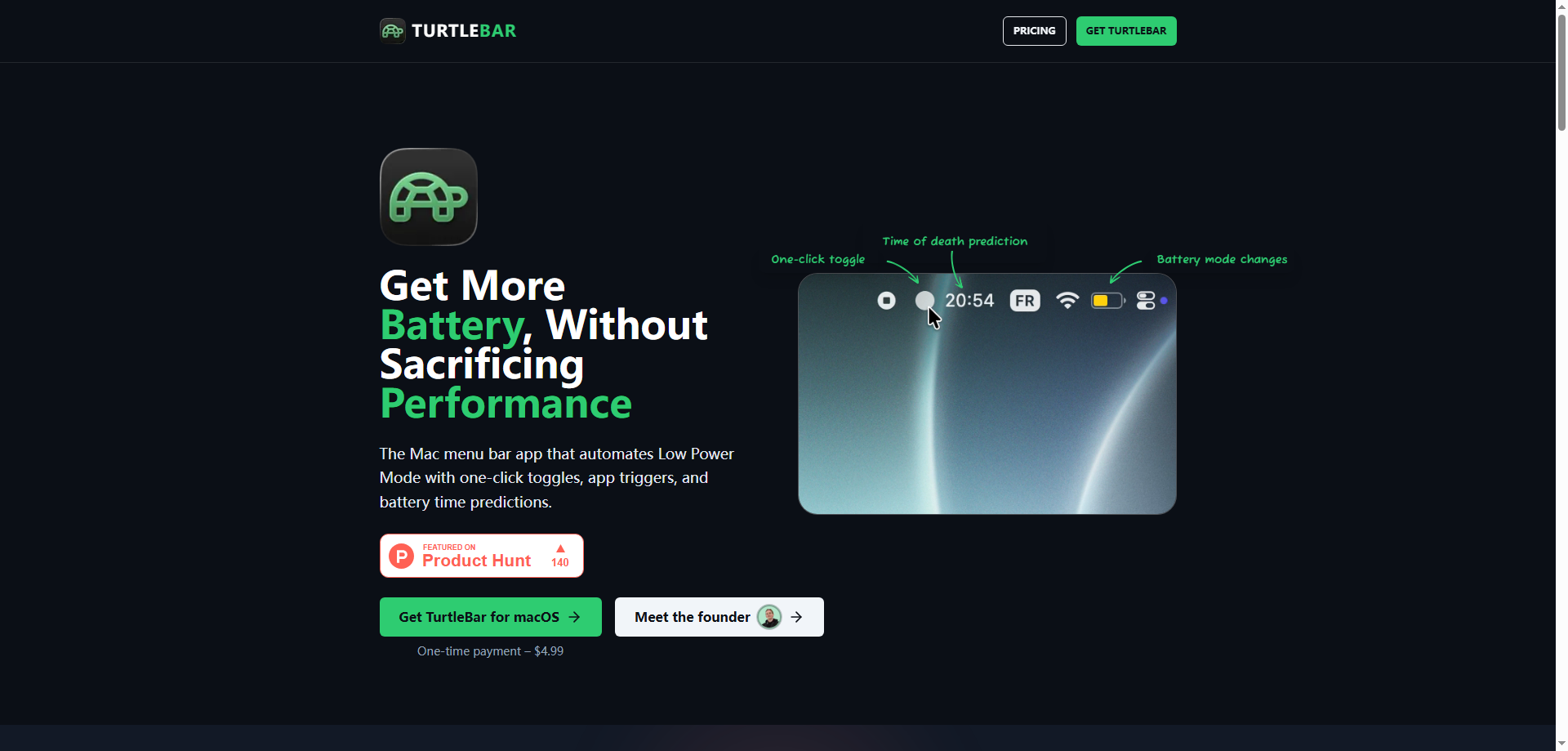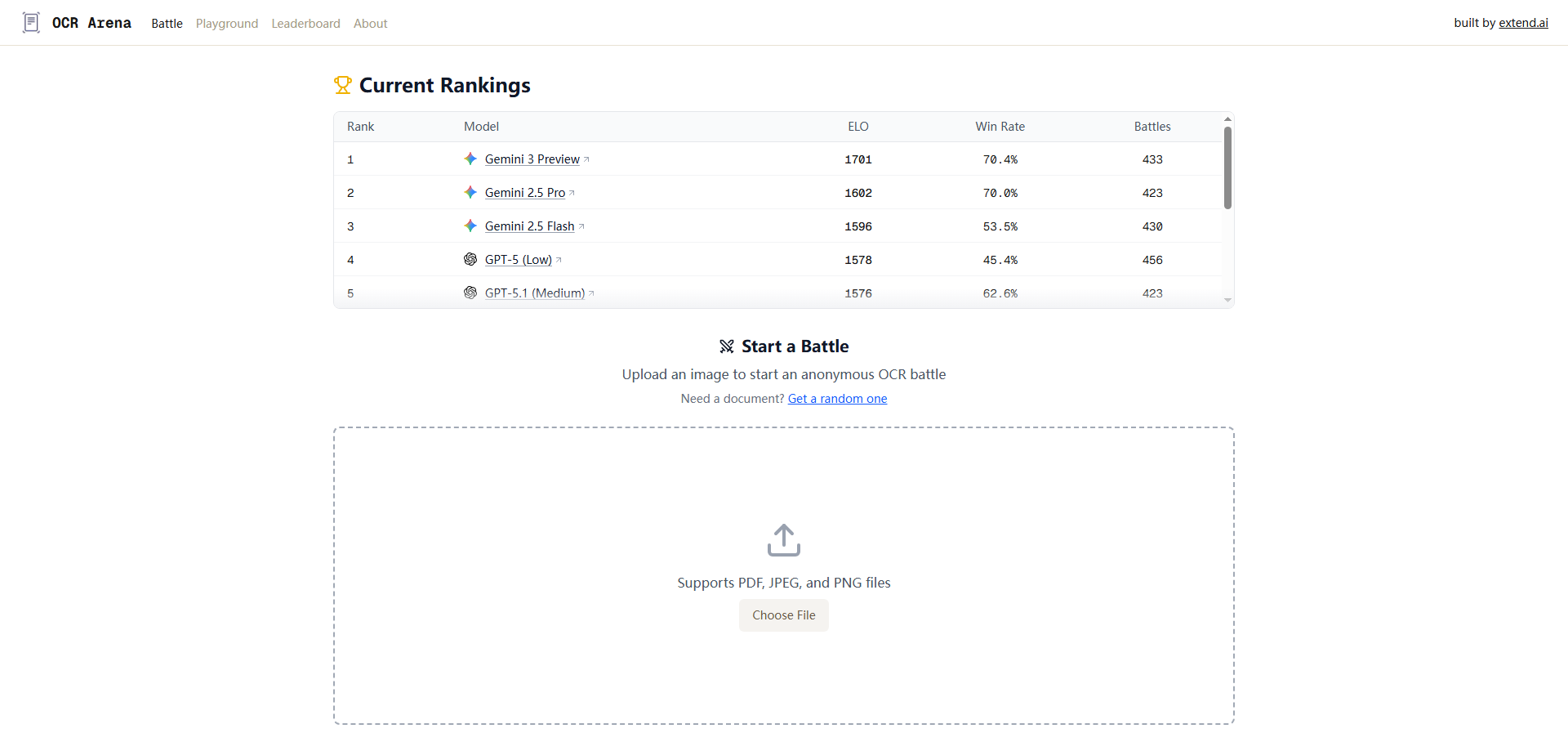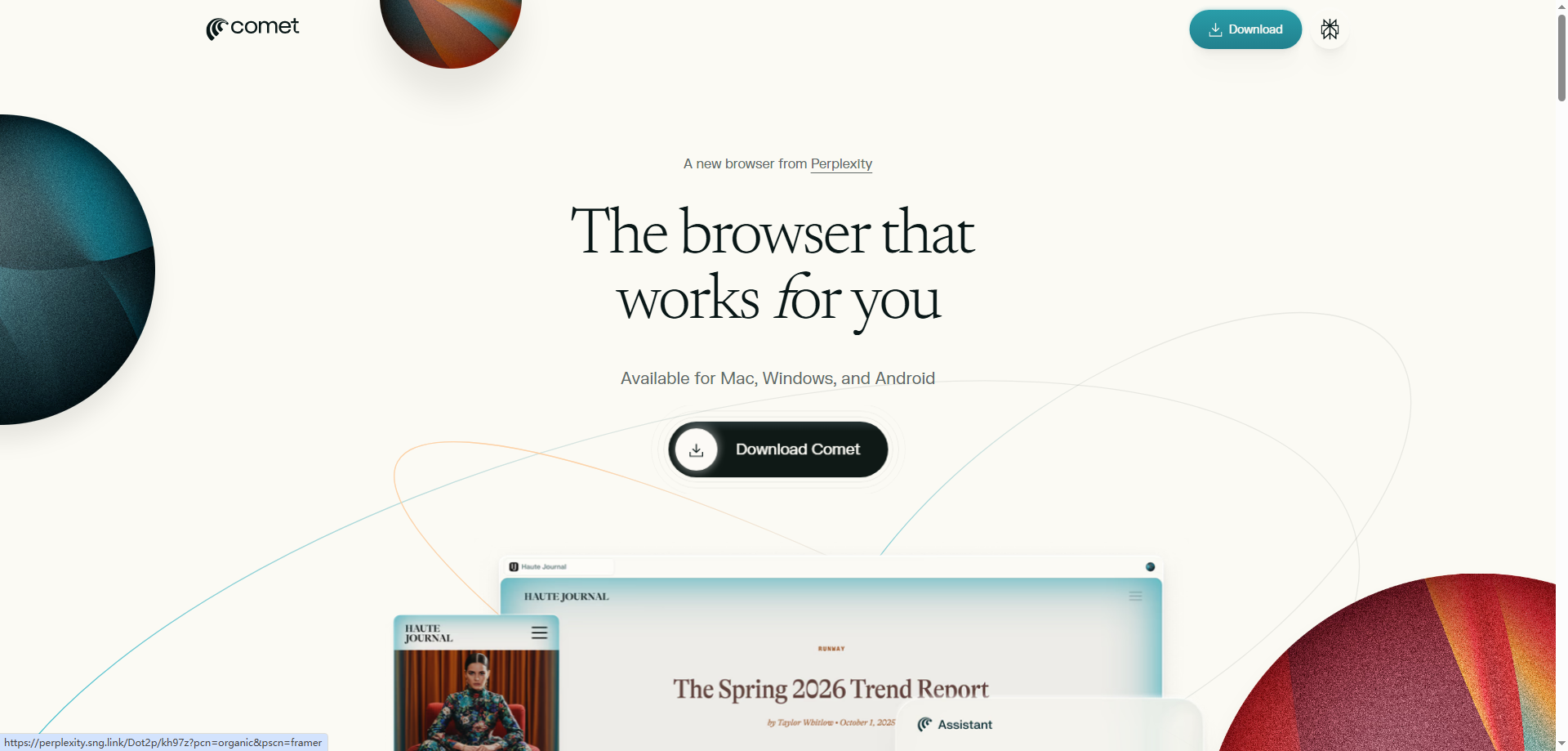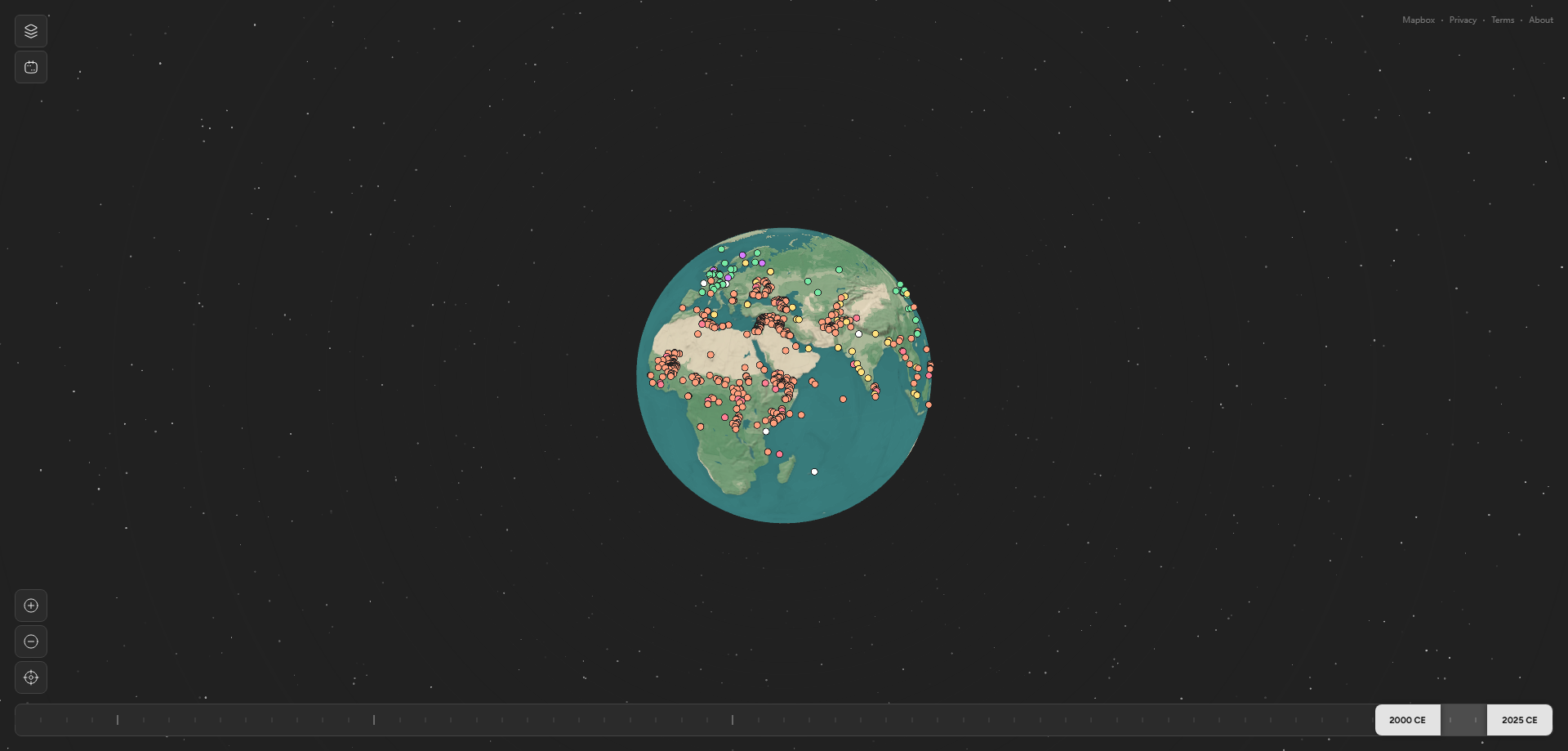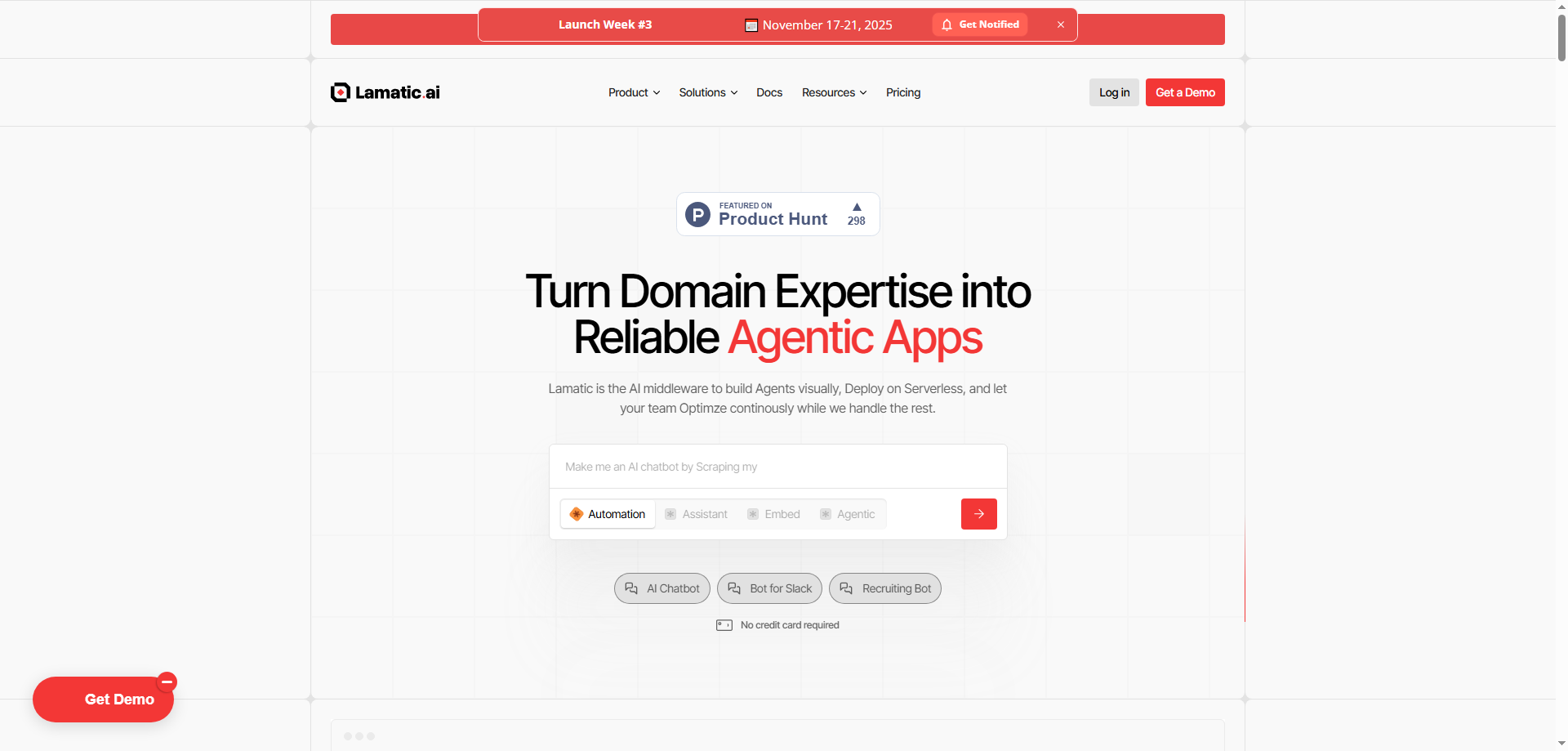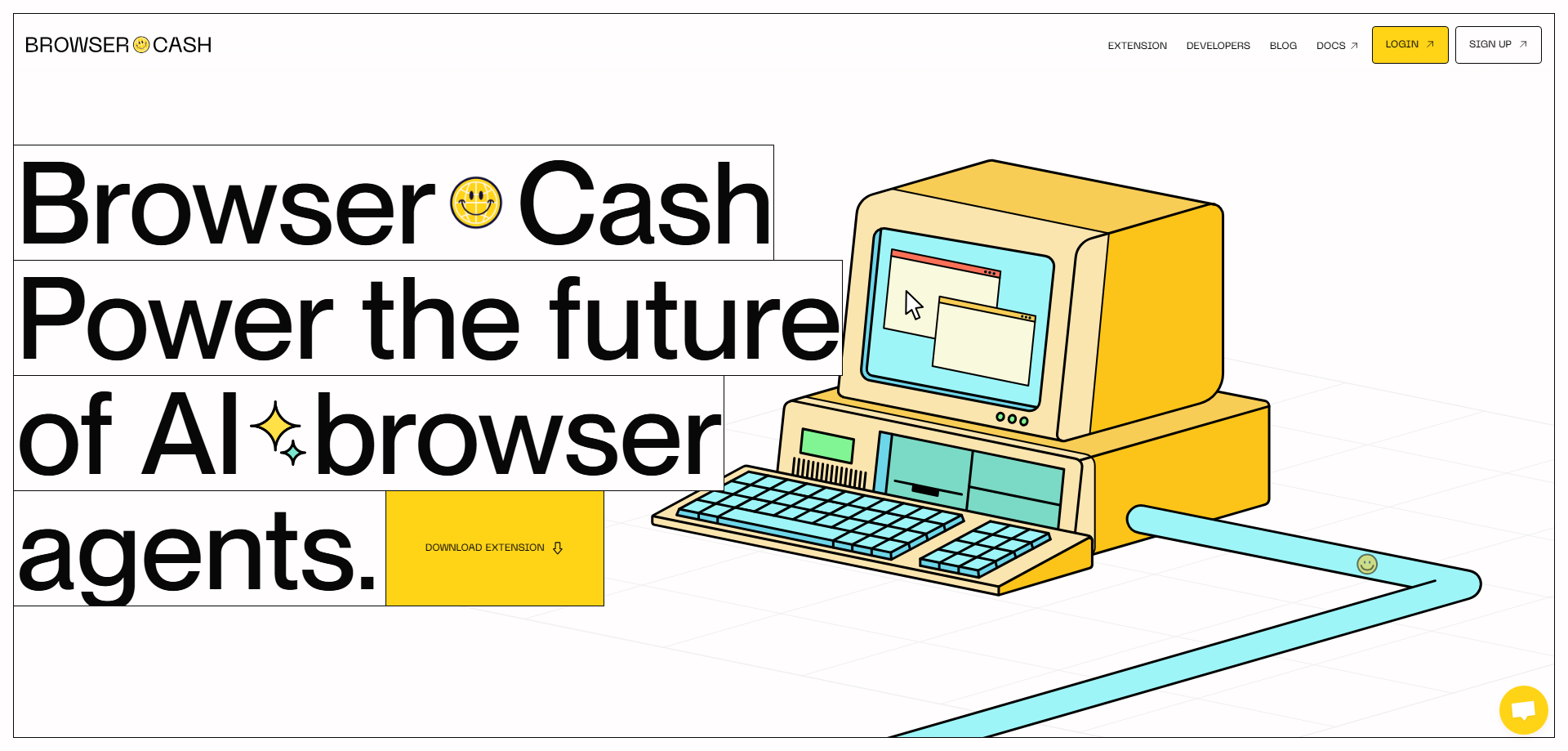I'll be honest with you—my relationship with productivity apps has been rocky at best. I've downloaded countless task managers, used them religiously for about two weeks, then watched them collect digital dust while my actual to-do list lived on sticky notes scattered across my desk. So when I came across Planndu promising to turn my chaotic thoughts into structured action plans using AI, I had my doubts. But I gave it a fair shot, and here's what I discovered about this ambitious little productivity tool.
The Creative Vision: Where Planndu Shines Differently
Let's start by examining what makes Planndu creatively interesting in a sea of task management apps. The core creative insight here is brilliant in its simplicity: most of us don't struggle with executing tasks—we struggle with breaking down our jumbled thoughts into those tasks in the first place.
Think about how your brain actually works. You don't wake up thinking "Task 1: Research competitors. Task 2: Draft outline. Task 3: Write introduction." No, you think "I need to write that blog post sometime this week... oh, and there's that client meeting... and I should probably start preparing for that presentation." Your thoughts come in messy, interconnected streams, not neat bullet points.
Planndu's creative stroke is integrating what they claim is the market's fastest AI model specifically to bridge this gap. You dump your mental chaos into the app, and it transforms that stream of consciousness into actionable, structured to-do items. That's not just another feature—it's a fundamental rethinking of where the productivity problem actually begins.
What I find particularly creative is how they've combined multiple productivity concepts into one cohesive system. You've got your AI-powered list generation, sure, but also note-taking capabilities, focus timers reminiscent of the Pomodoro technique, and template creation for repeatable workflows. Each of these exists in separate apps, but Planndu attempts to create a unified productivity ecosystem.
The template feature deserves special mention from a creative standpoint. Most task managers let you create recurring tasks, but Planndu lets you save entire workflows as reusable templates. If you're a content creator who always follows the same process—brainstorm, outline, research, draft, edit, publish—you can save that entire sequence and deploy it with one tap. That's creative problem-solving that acknowledges how real work actually happens in patterns.
The habit formation angle is another creative layer. By allowing users to set repeatable tasks and daily routines, Planndu positions itself not just as a task manager but as a personal development tool. Want to build a meditation habit? Set it as a daily recurring task. Trying to learn a new skill? Create a template for your practice sessions. This dual identity as both productivity tool and habit tracker shows creative ambition.
However, I do wonder if trying to be everything might dilute the core experience. There's creative vision, and then there's feature bloat. The line between them can be thin.
The Disruption Factor: Can Planndu Dethrone the Giants?
Now let's tackle the big question—does Planndu have what it takes to disrupt the established order of productivity apps? This market is dominated by heavy hitters. Todoist has been around for years with a loyal user base. Things 3 is beloved by Apple users. Microsoft To Do comes pre-installed on millions of devices. Google Tasks is integrated into the Gmail ecosystem. Can Planndu seriously compete?
The honest answer is: partially, and here's why.
Planndu's disruptive potential lies specifically in the AI integration. While Todoist and other established players are adding AI features, they're bolting them onto existing systems. Planndu built the AI capability into its foundation. The difference matters. When AI is an afterthought, it feels like a gimmick. When it's central to the product architecture, it can transform the entire user experience.
For users who specifically struggle with the "thought to task" conversion problem, Planndu could absolutely replace their current solution. If you're someone who has great ideas but terrible follow-through because you never properly plan them out, this AI-first approach directly addresses your pain point in a way that traditional task managers don't.
The template system also has genuine disruptive potential for freelancers and creators who run similar processes repeatedly. Right now, many of us build these workflows manually in apps like Notion or Asana, which are powerful but complex. Planndu offers a simpler, more focused alternative. That simplicity could be disruptive for users who find enterprise tools overwhelming.
But here's where I pump the brakes on the disruption narrative. The task management space is incredibly sticky. People build years of data, workflows, and muscle memory around their chosen tools. Switching costs are high, not in dollars but in time and mental energy. Convincing someone to migrate from Todoist or Things, where they have years of completed tasks and established patterns, is enormously difficult.
The integrations problem is also significant. Established players connect with everything—Slack, calendars, email clients, project management tools, smart home devices. Planndu is new, and building that integration ecosystem takes time and resources. Until it can plug into users' existing tech stacks seamlessly, full replacement is unlikely.
What I see as more realistic is Planndu carving out a specific niche rather than broad disruption. It could become the go-to tool for AI-assisted planning, the specialist app that people use alongside their main task manager. That's not world domination, but it's a viable path.
The focus timer and habit tracking features, while nice, aren't disruptive. There are dedicated apps for these functions that do them exceptionally well. Planndu including them provides convenience but doesn't offer a compelling reason to switch from specialized tools.
Meeting Real User Needs: Will People Actually Use This?
Let's get practical. Does Planndu solve problems people actually have, and will they embrace it?
Starting with entrepreneurs and business professionals—yes, there's a genuine need match here. The scenario of having a marketing idea and needing to break it down into research, content creation, and distribution steps is real. Entrepreneurs think in concepts and goals, not tasks. Having an AI assistant that can take "I want to launch a product" and decompose it into actionable steps addresses a legitimate pain point. I can see strong adoption in this segment.
Students represent another promising user group. Academic life is essentially project management with deadlines. The ability to input "final exam preparation for biology, chemistry, and calculus" and receive a structured study plan with time allocations is genuinely useful. The focus timer adds value here too—students are notorious for distraction, and having everything in one app reduces the friction of switching between study tools.
For freelancers managing multiple clients, Planndu's organizational features hit the mark. The ability to separate projects, prioritize tasks, and track deadlines within a single interface addresses the chaos of client work. Templates for common project types—website design, content writing, consulting engagements—could save significant setup time.
The fitness and habit formation use cases are where I'm more skeptical about adoption. Yes, you can set daily exercise reminders in Planndu, but dedicated habit tracking apps like Habitica or Streaks offer more specialized features, gamification, and community support. Users serious about habit formation might find Planndu's approach too basic.
Content creators might love the template feature, but many already have elaborate systems in Notion or Obsidian. Asking them to migrate could be a tough sell, even with AI benefits.
The critical adoption factor will be the AI's accuracy. If it consistently interprets user input correctly and generates sensible task breakdowns, people will trust and rely on it. If it frequently misunderstands or produces irrelevant suggestions, users will abandon it quickly. AI systems live and die by their reliability.
Language and cultural considerations matter too. The examples provided are in English, but does the AI understand nuances across languages and work cultures? Task management isn't universal—different cultures have different approaches to planning and productivity.
One user acceptance advantage Planndu has is solving a specific, articulated problem. "I have ideas but can't organize them" is something people consciously recognize in themselves. When a product addresses a known pain point rather than creating a need, adoption barriers are lower.
The 222 votes and 20 discussions on Product Hunt suggest modest but real interest. It's not viral, but there's genuine curiosity. The question is whether that initial interest converts to long-term users.
Survival Prediction: Stars, Risks, and Opportunities
After careful consideration, I'm rating Planndu's one-year survival prospects at 3 out of 5 stars.
This middle-ground rating reflects both genuine potential and significant challenges. Let me unpack both sides.
The Opportunities Ahead
First, the AI-first positioning is timely. We're in the middle of an AI revolution, and users are actively seeking ways to incorporate AI into their daily workflows. Planndu arrives at the right moment culturally. There's appetite for AI-enhanced productivity tools, and that trend isn't slowing down.
Second, the focused approach on individual productivity rather than team collaboration is smart. The team collaboration space is dominated by giants like Asana, Monday, and ClickUp. But personal productivity remains fragmented. By targeting ambitious individuals—students, freelancers, entrepreneurs—Planndu competes in a less crowded arena.
Third, the all-in-one value proposition addresses a real frustration. People are tired of juggling five apps for related functions. Having tasks, notes, timers, and templates in one place offers genuine convenience. If Planndu executes this integration well, it becomes a compelling daily driver.
Fourth, the template and habit features create stickiness. Once users build their workflows and establish routines within Planndu, switching costs increase. That's good for retention.
The Risks to Navigate
The most significant risk is differentiation sustainability. The AI task decomposition is cool, but it's not patent-protected. Larger competitors with more resources could replicate this feature quickly. Todoist, Microsoft, or Google could add similar AI capabilities tomorrow. What happens to Planndu's value proposition then?
Marketing and user acquisition present another major challenge. With 222 votes, Planndu has modest visibility. Breaking through in the productivity app market requires significant marketing spend or viral growth. Neither is guaranteed, and both are expensive.
Technical execution risk is real. The promise of "the fastest AI model on the market" needs to deliver consistently. AI systems can be unpredictable, and if the core feature fails users during critical moments, trust evaporates quickly.
Monetization questions loom large. How will Planndu make money? Subscription fatigue is real—users already pay for multiple apps monthly. Finding the pricing sweet spot that generates revenue while not deterring adoption is tricky.
The feature breadth could become a liability. Being good at many things sometimes means being great at nothing. Dedicated focus timer apps, note-taking apps, and habit trackers each do their specialty better. Planndu risks being the jack of all trades, master of none.
Finally, there's execution risk around the founding team and resources. Sustaining product development, customer support, and marketing requires capital and talent. Early-stage products often struggle here, and the productivity space demands consistent updates to stay relevant.
My Bottom Line
Planndu represents a solid idea with competent execution tackling a real problem. The AI-to-task conversion addresses a genuine gap in how existing productivity tools work. The additional features around notes, timers, and templates create a reasonably complete package.
However, survival requires more than good ideas. It needs flawless execution, smart resource allocation, strong user retention, and probably some luck. The three-star rating acknowledges that while Planndu has enough going for it to potentially survive and grow, the path is neither certain nor easy.
If the team focuses relentlessly on making the AI component indispensable, builds a loyal community of power users, and finds sustainable economics, Planndu has a real shot. But if they spread too thin, fail to differentiate as competitors add AI features, or can't convert trial users into paying customers, it could struggle.
I'm cautiously hopeful. The productivity tools space genuinely needs innovation beyond incremental improvements to existing paradigms. Planndu's attempt to rethink where productivity problems actually begin—in the messy translation from thought to action—is commendable. Whether that commendable idea translates into business survival, only time will tell.
For now, if you struggle with turning your swirling thoughts into actionable plans, Planndu deserves your attention. Just go in with realistic expectations—it's a promising tool, not a miracle worker.
